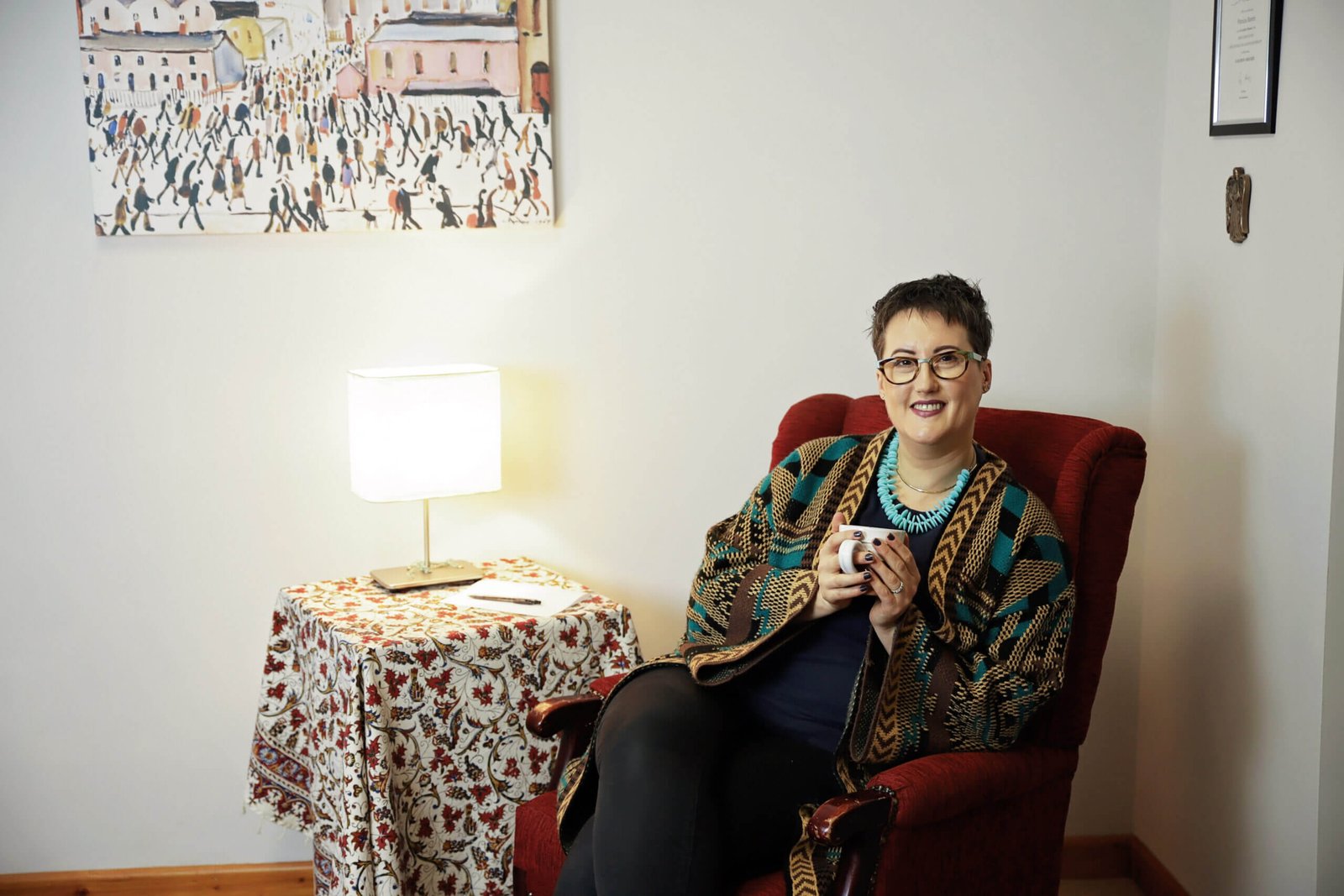Oh what a great question! We can get into the nitty gritty of this quite easily and help you create practical steps to help your parenting be easier. All parents want to know how to support their children’s emotional development, so why is it so hard?
What’s happening to you is that your body and brain are releasing unconscious memories of being that age and how you were responded to. This is why your emotions can seem so powerful and can feel a bit like an out of body experience. Our brain retains all of our life experiences. Luckily we can’t remember them all (imagine how much more crazy we’d be!), but the memories seep out through the relationships that we have with those closest to us.
This isn’t your fault.
And my opinion is that it’s the hardest and most unfair part of parenting. None of us knew that we would give birth to a tiny human full of hope and wonder and as they grew, we would start acting out how we were treated and how we felt being that age.
But whilst it’s not your fault, the good news is that you can be the change your children need and take responsibility for what’s hard. The first part of this is focusing on yourself first. You need to develop your skills for tolerating the big emotions that come up within you. This starts by you bringing awareness to what’s going when your toddler expresses emotions:
1. What are the situations that you find hard? What does your toddler say or do?
2. How does this feel inside your body? Parents I meet often report intense
waves of emotion running through their body.
3. What do you say?
4. How do you act?
Finding a place of emotional safety within you is the next step. You need to welcome those big emotions you weren’t allowed to express and make them safe. In therapy we call this inner child work; how can we let that little girl inside of you feel safe and welcomed when she is finding life so very hard and she feels misunderstood?
Toddlers will express what they want to express. They are the ultimate in mindfulness and don’t we know it! The important bit for you to remember is that you don’t have to interrupt their emotions or use logic to calm them down. Emotions are like roller coasters, they go up and then they come down.
If you can enhance your skills in being connected with yourself then you will stay calm. Try counting your breaths, singing a song in your head, fiddling with a bit of jewelry (I’m a real fiddler so this works well for me), or simply walk away before you explode.
What I really want you to know is that you are not alone. This is the journey of every parent and it’s okay that at this time you haven’t found that place of calm. What your child needs isn’t for you to be Buddha, but for you to take those steps that will begin the journey of healing your wounds. An important part of this will be finding a way to express your emotions that you weren’t allowed to express as it seems they are ready to come out now. That’s why I love going to my therapist so much. I get to speak the unspeakable, heal it and leave it in the therapy session.
If anything in this blog resonates with you and you’d like support to create change, you’re welcome to book a free call with Bethan here to explore your support options. Make sure you download your free 5 Steps to Calmer Parenting. If you’re looking for immediate parenting support, you can start your free 7 day trial in the Calm Parenting Club where you’ll find the answers to your parenting problems and be supported to become the parent and person’ you’d like to be.

